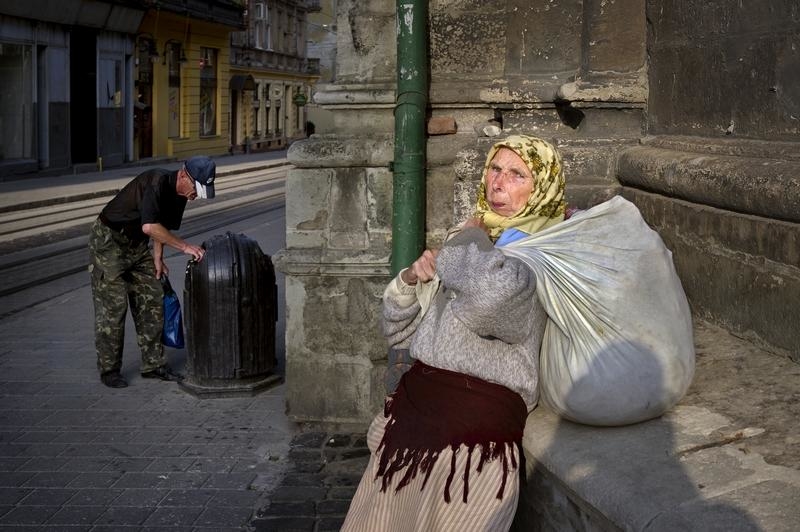
The Rosbalt commentator notes that “many have forgotten that the main Western sanctions were introduced not in the spring of 2014 at the time of Crimea but only in the summer because of the war in the Donbas and the shooting down of the passenger jet. Corresponding countersanctions were declared then.”
Thus, Russia now is marking the third anniversary of its economic isolation. That experience suggests what people should expect now because “the new American sanctions package doesn’t so much intensify the measures which were introduced earlier as tighten them and make their lifting more difficult.”
The new measure does allow for making them harsher but only if Russia’s responses are such that the US elite and population feels offended. Taking away the American dacha and expelling a few diplomats isn’t going to reach that level, Shelin says.
He reminds that “the main direct consequence of the summer sanctions of 2014 was the need to return foreign debts quickly and search for new sources of credit in place of those that had been closed off.” On July 1, 2014, the foreign debt of Russia was 733 billion US dollars; now, it is about 530 billion US dollars. The new package doesn’t make a further decline likely.
Indeed, the Rosbalt commentator says, “the more symmetrical [Moscow’s response] will be … the less noticeable will be the transition from the old version of Western sanctions to the new.” And thus “the optimistic variant” is that Moscow won’t do anything that will provoke a further Western tightening.
Moscow can issue statements, cope with a small further decline in the ruble exchange rate, some additional capital flight, and a decline in foreign direct investment. But if the Kremlin adopts a more significant counter-sanction program, such as an embargo on the import of food of all kinds, then the outcome could be more negative, past history suggests.
In 2013, Russia exported 16.2 billion US dollars’ worth of foodstuffs; last year, it exported 17 billion, a tiny increase given that Russian agricultural production has been growing more or less uninterruptedly since the end of the 1990s, Shelin says. If things had been normal, Russian exports would have soared.
“But import substitution,” he says, “opened before the agricultural magnates enormous sources of income on the domestic market” and meant that they could ignore foreign problems. But Moscow’s counter-sanctions had a very different and more significant impact on Russian consumers.
In 2013, Russia imported 2.65 times as much food from abroad as it exported; last year, that figure was 1.45. That decline was not because Russia was becoming more self-sufficient but rather because of the sharp decline in imports as a result of Russia’s declining income and thus ability to pay.
And that permits the following conclusion: “Even in such a growing and almost flourishing part of the economy as agriculture, ‘import substitution’ counter-sanctions have distorted normal development, have supported oligarchic circles, and materially harmed masses of ordinary Russians.”
They can only hope that the Kremlin will not adopt something similar again, Shelin concludes.
Related:
- Kremlin telling Russians to face falling living standards for years to come, Shelin says
- How Siemens chose to ignore the obvious. An investigation into the Crimean sanctions break
- The US has expanded sanctions over Russia – but will it stop the torture in Crimea?
- Russia considering introducing Islamic banking to get around Western sanctions
- Ukraine extends sanctions, blocks popular Russian web services and software companies
- US sanctions on Russia effective, don’t hurt American economy, report finds
- EU prolongs sanctions over actions against Ukraine’s territorial integrity








